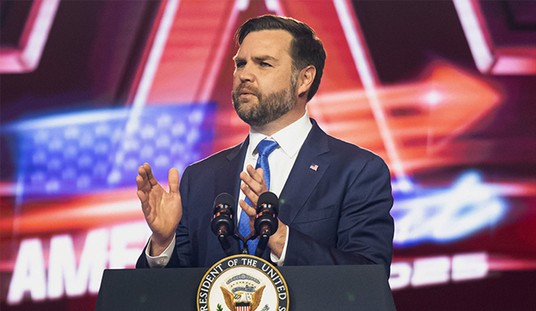On Tuesday, I came across the following at the Daily Caller: “A contingent of liberal Democrats in Congress is proposing a new federal gun control idea: mandatory liability insurance for gun owners.”
Gun purchasers without such insurance would face a fine of “as much as $10,000” if the “Firearm Risk Protection Act” introduced in March by New York’s Carolyn Maloney and seven other Democratic congressmen were ever to become law.
The draft legislation prohibits the sale of a firearm unless “the purchaser presents to the seller proof that the purchaser is covered by a qualified liability insurance policy.” Said insurance policy must specifically cover “losses resulting from use of the firearm while it is owned by the purchaser.” The plaintiffs’ bar will almost certainly begin to argue in court cases that if your gun was stolen and used in a crime, you’re now liable for the results of its use (you’re still its owner, even if you don’t possess it).
In preparing this column, I spoke with an insurance agent who represents one of the country’s leading property and casualty companies. He told me that a typical umbrella liability policy does not directly deal with gun-related matters, and that applications for such policies do not ask if the applicant or others in the household own a gun. That is to say, the policies Maloney envisions are currently very rare, though my contact did tell me that there are insurance companies which can customize a policy to a specific matter such as gun liability on a case by case basis.
So if you were an underwriter attempting to formulate a policy and pricing structure for an individual gun liability policy, what kinds of information would you need to protect your company from financially crippling losses and to appropriately price the risks involved? Here are just a few of the items I believe you would need to know:
- The applicant’s age and gender. Logically, one would expect that younger men would face higher premiums than older women.
- The criminal history of the applicant and others in their household. Obviously, the worse those histories are, the higher the premiums.
- The applicant’s driving record, as an indicator of his or her standard of care. Again, the worse it is, the higher the premium.
- Where the applicant lives. Living in a dangerous neighborhood would drive a higher premium.
- How many guns the applicant owns. More guns owned would mean higher premiums.
- What type of guns the applicant has. As is the case with cars, certain makes and models are more often involved in accidents and crimes than others.
- Last but certainly not least, the serial numbers of those guns, so that the insurance company can verify that a gun owned by the applicant really was involved in whatever incident generates a claim.
In other words, Maloney’s bill represents the beginning of a mandated national gun registry run (for now) by the insurance industry. (Several people have told that they they do not insure their guns under property policies because insurance companies — properly but nevertheless dangerously — insist on obtaining specific information about guns owned.)
As drafted, Maloney’s baloney only applies to post-passage purchases. As such, the de facto registration requirement and the cost of the insurance itself — an Illinois legislator estimated that such a policy would cost between $500 to $2,000 per year — will significantly deter new purchases, which is of course what the bill’s sponsors want. It’s likely that the volume of legally recorded purchases will decline significantly. Many citizens who legitimately need to protect themselves, either because of personal circumstances, the crime-infested neighborhoods in which they live, or both, won’t be able to arm themselves. Criminals will know that, and target their activities accordingly.
Anyone who believes that the bill’s sponsors and Democrats in Congress want to permanently limit the liability insurance requirement to new purchases hasn’t been paying attention for several decades. Especially if they get their way on Maloney’s measure, the liability mandate will come to be seen as a normal standard of care for all gun owners, and the pressure to apply it universally will grow. Already, a bill introduced but defeated in Illinois would have required all who carry concealed weapons to have insurance, while a proposal that didn’t make it into Connecticut’s recently passed draconian gun control law would have forced every firearm owner to have it.
My insurance company contact told me that for now they are prohibited by law from providing any detailed information they have about guns covered in property policies unless it is appropriately requested by law enforcement. That will surely change once the databases become sufficiently large. Gun-grabbers disguised as concerned neighbors will demand to know who owns guns in their neighborhood, and what guns they have. Politicians supposedly interested in crime prevention will also demand to go fishing to “clean up” high-crime neighborhoods. This will of course have the opposite effect, but they won’t care.
The next step is confiscation, a stated goal of more than a few leftist politicians, up to and including New York Governor Andrew Cuomo.
All of these measures violate the Second Amendment and law-abiding citizens’ natural law right to defend themselves, their families, and their property. They also prove that, at least for the left, the Second Amendment to the Constitution means nothing. They — the unconstitutional laws and the radicals pushing them — must be stopped.









Join the conversation as a VIP Member